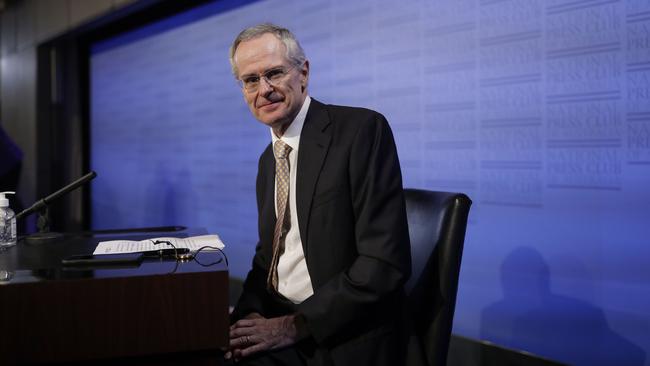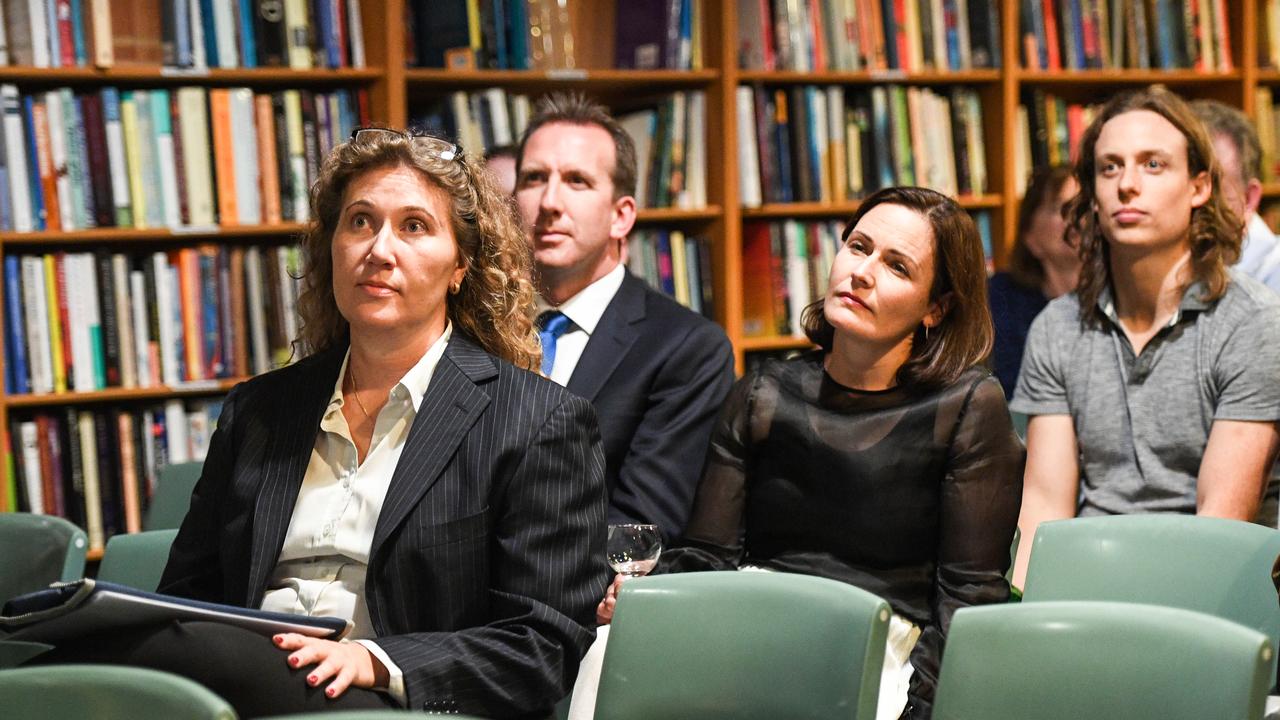Road to rebuilding begins with true price competition
A landmark case is aimed at alleged cartel conduct in the building industry.

As Scott Morrison put it recently, our comeback has begun. As we rebuild and recover from the economic fallout of the pandemic, with a focus on infrastructure, there will be a construction industry bonanza.
There is so much public money at stake here that now, more than ever, we must unwind the industry cartels. It is impossible to overstate the importance of this task.
This is not to say things in this country should be built unsafely or using slave labour. We have health and safety laws that must be observed, and legislation governing pay and conditions. Dodgy operators who try to abuse their staff, put them at risk or rip them off should be driven out of the sector.
Having said that, we must end the rampant rip-offs and establish a genuine market with price competition between operators instead of price collusion. We must eliminate the widespread and routine price fixing that the industry has long used as its standard operating platform.
To give a general example, price fixing occurs because our largest building firms, as principal contractors on a project, and the unions they deal with make agreements between themselves. These agreements are then dropped on the desks of all the subcontractors who want to work on the projects, by the unions. To work on the project, they must be signed, and these demands are enforced by both unions and head contractors.
In the face of endemic and entrenched collusion between employers and unions, remedies by governments, including building codes, have been skirted. Further, the Fair Work Commission has been proven to have no remit. All our hopes for resolution now rest on the shoulders of Rod Sims and his team at the Australian Competition & Consumer Commission, and in February next year a landmark case begins.
The case is the ACCC’s first foray into the field. It was originally announced in August 2018, and first set down for committal hearing last June, but it was delayed by the pandemic.
For the ACCC, this new area of interest was sparked late in 2017. In the wake of the Heydon Royal Commission into Trade Union Governance and Corruption, it became apparent just how the enterprising bargaining system is used as the principal tool to achieve, organise and enforce price-fixing arrangements. Enterprise bargaining agreements are the hard currency traded within the cartels.
A specialist team was formed, called the commercial construction unit. The CCU sits within the enforcement division, and co-ordinates and contributes to a joint police taskforce within the Australian Federal Police.
The CCU investigates cartel conduct, manages the cartel immunity policy and process, takes civil proceedings in the Federal Court in respect of alleged cartel conduct, and refers serious cartel conduct to the Commonwealth Director of Public Prosecutions for consideration for prosecution.
The CCU keeps a low profile, but it made contact early with major builders and industry groups. Private and specialist channels were set up for whistleblower contact, communication, support and data transfer. An anonymous reporting portal allows members of the public to report and communicate with an investigator about anti-competitive practices.
By August 2018, criminal charges in relation to alleged cartel conduct were laid against the Construction Forestry Maritime Mining and Energy Union and its ACT divisional branch secretary, Jason O’Mara.
“The CFMMEU and Mr O’Mara are each charged with attempting to induce suppliers of steel-fixing services and scaffolding services to reach cartel contracts, arrangements or understandings containing cartel provisions in relation to services provided to builders in the ACT in 2012 to 2013,” Sims said. Of course it’s up to the jury or judge to decide whether the CFMEU and O’Mara are guilty or innocent in this particular case.
The ACCC chairman is unable to comment further on the case, as this is a criminal matter now before the court.
However, divisional national secretary Dave Noonan is quoted in an industrial relations industry trades journal as saying the union will vigorously defend the charges.
“The allegations against Jason O’Mara in substance are nothing more than him trying to get a pay rise for workers, and that’s what union officials do.
“This is a disgraceful use of cartel powers by the ACCC and increasingly we see bodies like the ACCC and the federal police politicised by a federal government that directs funding into anti-union campaigns by these bodies.”
Noonan said a conviction of O’Mara “would be a very serious blow to the right of workers to negotiate enterprise agreements through their unions”.
A construction industry insider told me this week, about cartel conduct generally, that “the unions aren’t stupid. They know that what they want to charge employers for labour is so wildly above the market that the only way the employer can survive it is if wide spread price fixing occurs.”
If everyone on a project agrees to observe the “level playing field” of pay and conditions, as written into an enterprise agreement, then they prosper as a collective and pass the cost on to the end client.
“Put yourself in a small-business owner’s shoes here,” he said. “They know it’s not right, but it feels like there is no choice. If they do the right thing, they will be locked out of work and driven into the ground.”
Next year, as the case unfolds, we must watch it closely. We cannot give up trying to beat these cartels as their business model is emulated in other sectors, including mining, maritime and even communications.
The ACCC is compelled then to put every ounce of effort, determination and staying power into its objective. It must never give up, and the federal government must do everything possible to fund and support its work.


